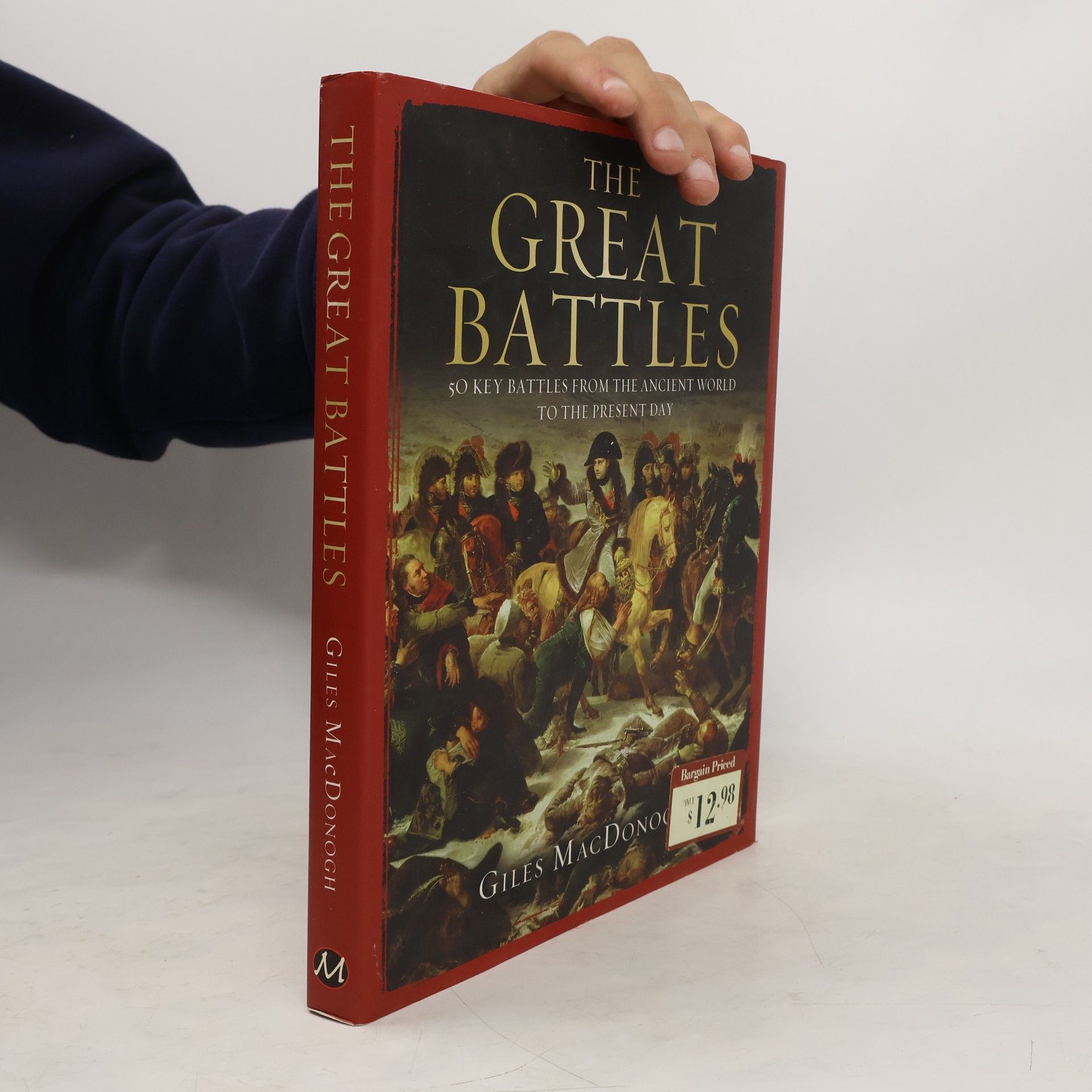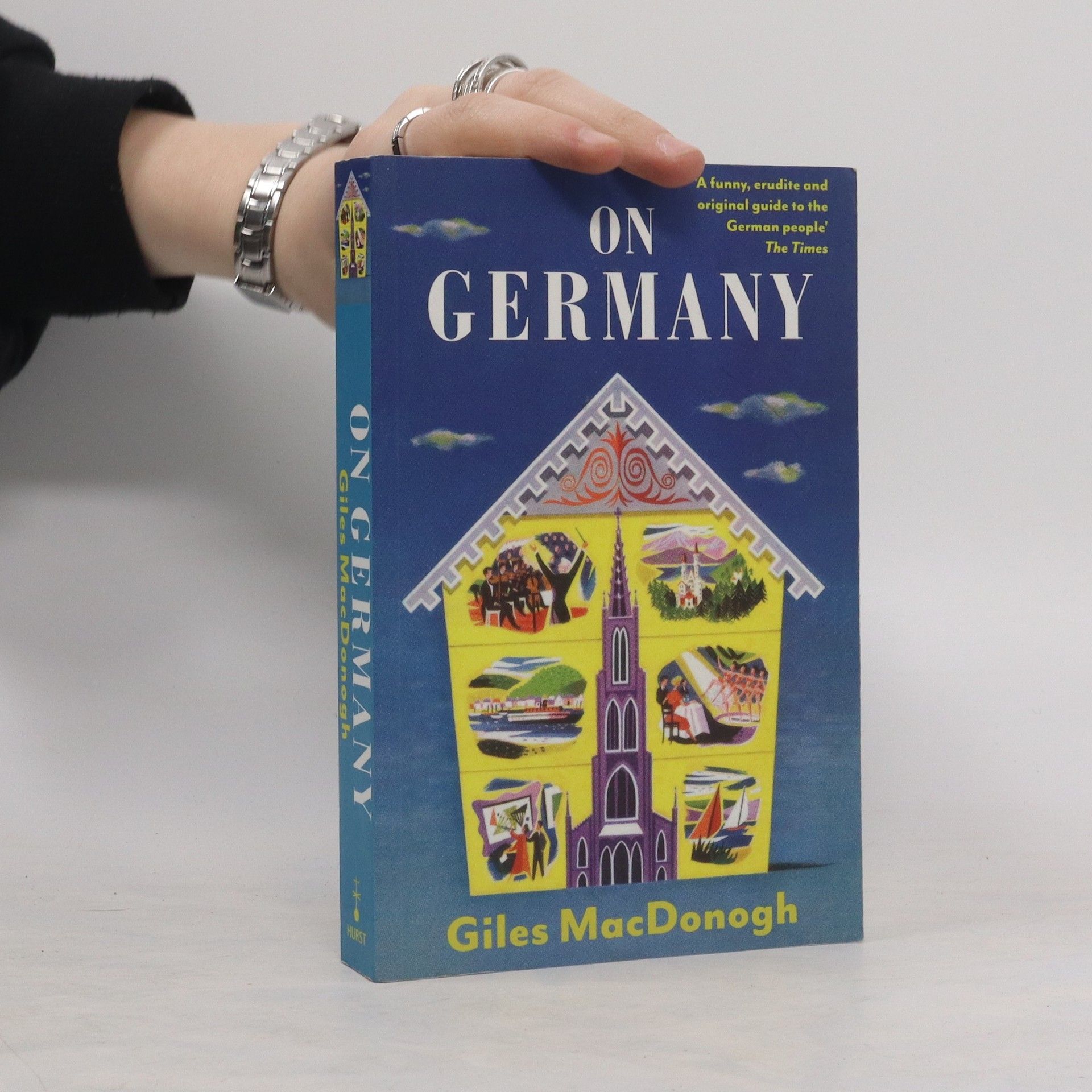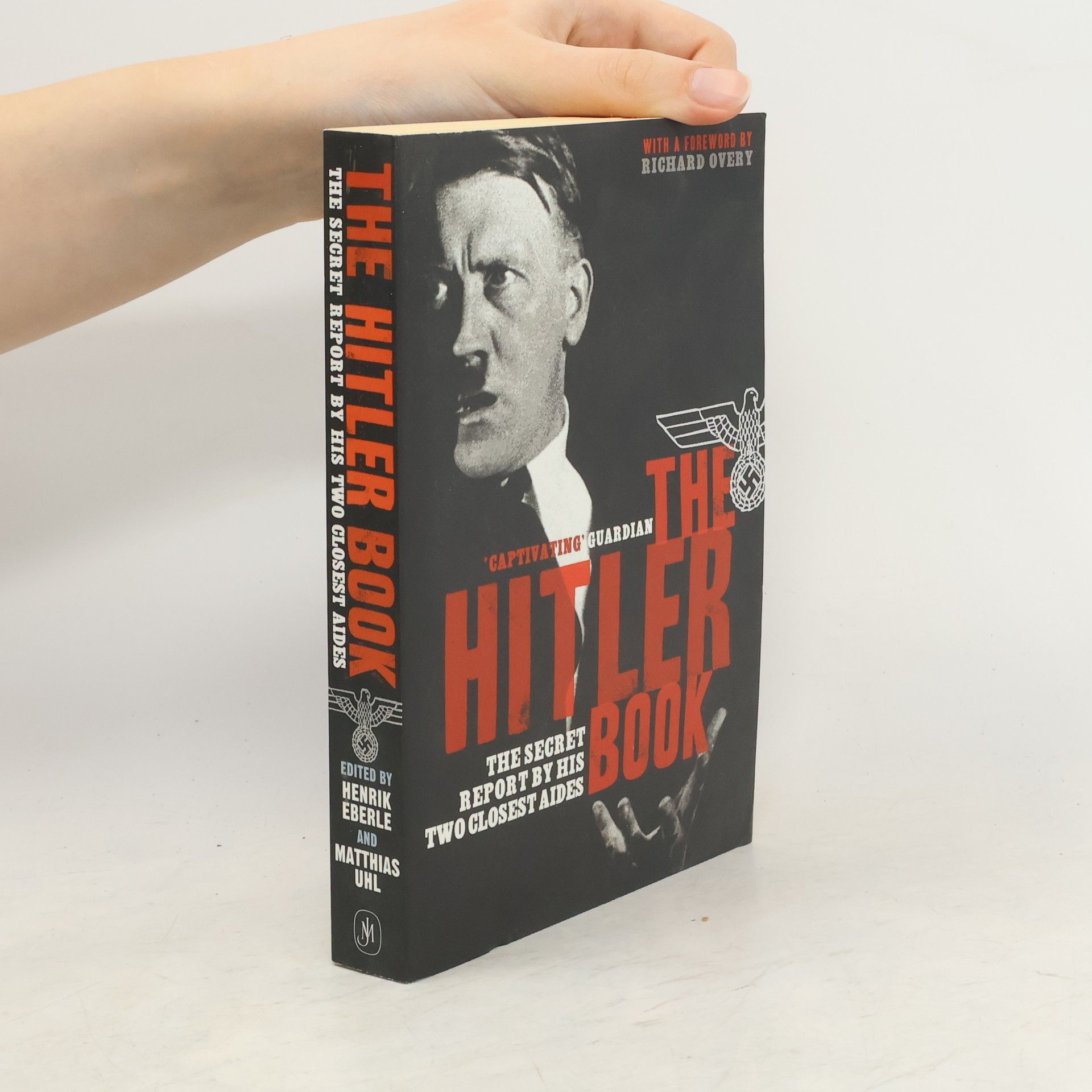On Germany
- 328 pages
- 12 hours of reading
A rich and refreshing exploration of Germany, Germans and Germanness.
Giles MacDonogh is a British historian and writer whose work centers on the modern history of Central Europe, particularly Germany. His profound human understanding and judicious selection of source material bring the past to life with remarkable acuity. MacDonogh's writing style is both gripping and grave, allowing readers to delve into complex events with clarity and depth. Beyond his historical scholarship, he is also a respected author on gastronomy and wine, sharing his expertise with similar passion.







A rich and refreshing exploration of Germany, Germans and Germanness.
Vo vzdialenej i nedávnej minulosti sa na bojovom poli počas niekoľkých hodín alebo dní často rozhodlo o osudoch celých národov na mnoho roky, ba dokonca storočí. Táto kniha podrobne opisuje priebeh 50 významných bojových stretnutí, ktoré mali väčší či menší vplyv na ďalší vývoj sveta. Okrem pútavého textu publikácia obsahuje množstvo ilustrácií a mapiek znázorňujúcich priebeh každej bitky.
„Der Krieg ist nichts als eine Fortsetzung des politischen Verkehrs mit Einmischung anderer Mittel“, schrieb Carl von Clausewitz vor knapp 200 Jahren in „Vom Kriege“. Dieses Buch untersucht Hintergründe, Auswirkungen und Strategien der großen kriegerischen Auseinandersetzungen der Weltgeschichte. Aufwendige Illustrationen stützen die Spurensuche und machen das Nachschlagewerk zum packenden geschichtlichen Dokument.
The history of the world is largely the history of warfare. The first recorded wars were fought in ancient Sumeria over 5,000 years ago and various conflicts continue to rage in the world we live in today. The Great Battles is a lavish and comprehensive introduction to those clashes that have altered the course of history. -- Front fly leaf.
Explores the moment when Hitler gambled everything. Until 1938, Hitler could be dismissed as a ruthless but efficient dictator, a problem to Germany alone; after 1938 he was clearly a threat to the entire world. This book offers a revealing account of Hitler's opening moves to war.
The life of Alice Herz-Sommer
Alice Herz-Sommer was born in 1903 in Prague—the Prague of the Hapsburgs and of Franz Kafka, a family friend. Musically very gifted, by her mid-teens Alice was one of the best-known pianists in Prague. But as the Nazis swept across Europe her comfortable, bourgeois world began to crumble around her, as anti-Jewish feeling not only intensified but was legitimized. In 1942, Alice's mother was deported. Desperately unhappy, she resolved to learn Chopin's 24 Etudes—the most technically demanding piano pieces she knew—and the complex but beautiful music saved her sanity. A year later, she, too—together with her husband and their six-year-old son—was deported to a concentration camp. But even in Theresienstadt, music was her salvation and in the course of more than 100 concerts she gave her fellow prisoners hope in a world of pain and death. This is her remarkable story, but it is also the story of a mother's struggle to create a happy childhood for her beloved only son in the midst of atrocity and barbarism. Of 15,000 children sent to the camp, Raphael was one of the 130 who survived. Today, Alice Herz-Sommer lives in London and she still plays the piano every day.
On breaking open the Berlin Bunker on 2 May 1945, Soviet troops captured two of Adolf Hitler's closest associates: his personal valet, Heinz Linge, and his SS adjutant, Otto Guensche. The two men had just disposed of the bodies of Hitler and Eva Braun. On Stalin's orders they were questioned for two years, to produce this astonishing fly-on-the wall account of all they saw in Hitler's headquarters, where they had worked since 1933. It has been held in top-level Russian archives since 1949. The book contains remarkable insight into Hitler's daily life before and during the Second World War. Chilling, revealing and compellingly readable, it is one of the most authentic sources of information in existence on the history of the Third Reich, unique in the circumstances of its compilation and its closeness in time to the events described.
This guide to Spanish wines contains maps showing the location of vineyards and bodegas, wine zones and suggested wine routes. The text includes descriptions of the wines and profiles of producers, and for travellers there is advice on hotels, restaurants and other places of interest.
Traces the life of one of the leaders of the German Resistance, who was executed for his part in the bomb plot that failed to kill Hitler